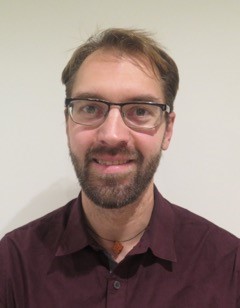Here you can find detailed profiles of DKTK faculty members with programm specification and research focus in the Researcher Database. Find contacts of all DKTK scientists at the DKTK intranet
Researcher Database

Prof. Dr. Florian Buettner
Universitätsklinikum Frankfurt
Programs
Clinical Communication Platform (CCP)
Molecularly Targeted Therapy (MTT)
Summary
Der DKTK Standort Frankfurt/Mainz hat seit 1. Oktober 2020 ein neues Mitglied: Dr. Florian Buettner hat die DKTK Professur „Bioinformatics in Oncology“ an der Goethe-Universität in Frankfurt angetreten. Der promovierte Diplom-Physiker forschte und arbeitete in den vergangenen Jahren am Institute of Computational Biology (ICB) des Helmholtz-Zentrums München – zuletzt als Gastwissenschaftler neben seiner Tätigkeit als Experte für künstliche Intelligenz bei der Siemens AG. Florian Buettner bereichert das DKTK mit seiner Expertise-Kombination zwischen (Einzelzell-)Bioinformatik, maschinellem Lernen und Onkologie. „Ich freue mich auf spannende Kollaborationen im DKTK und möchte mit der Entwicklung interpretierbarer und vertrauenswürdiger Methoden maschinellen Lernens dazu beitragen, ein besseres Verständnis der molekularen Heterogenität von Krebserkrankungen zu entwickeln.“, sagt Buettner zu seinem Start als DKTK Professor.